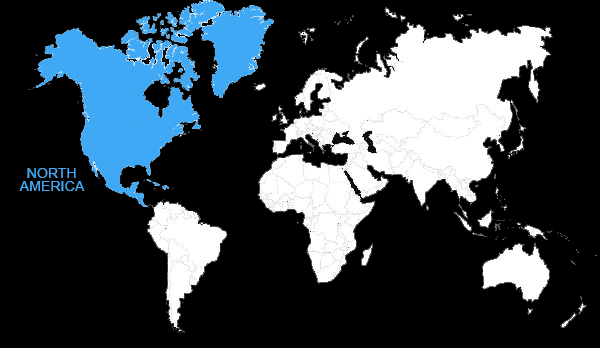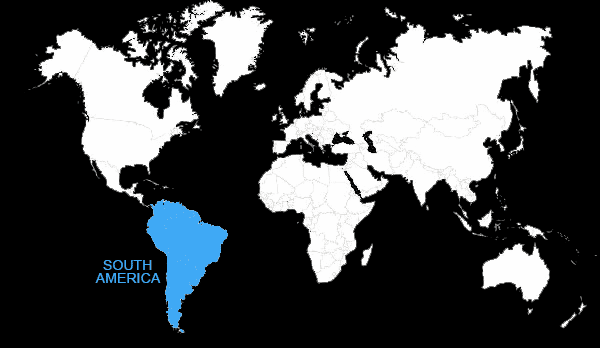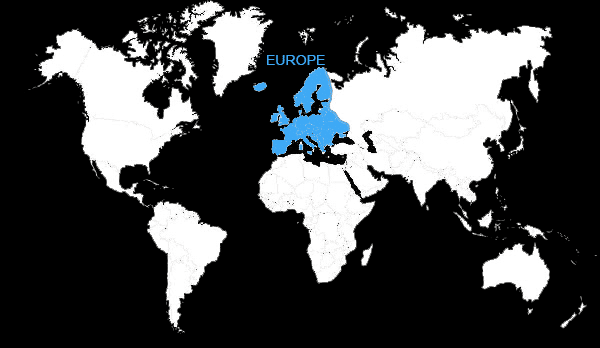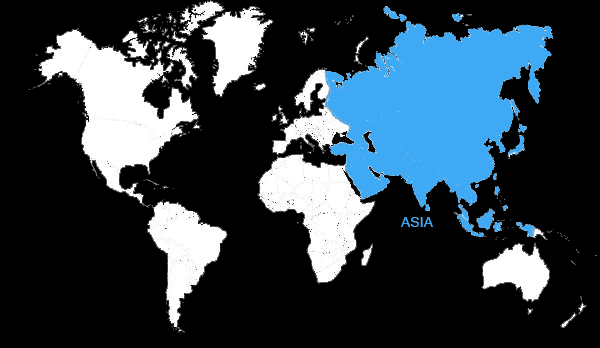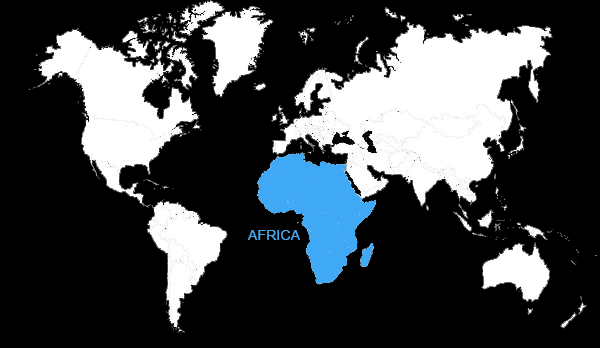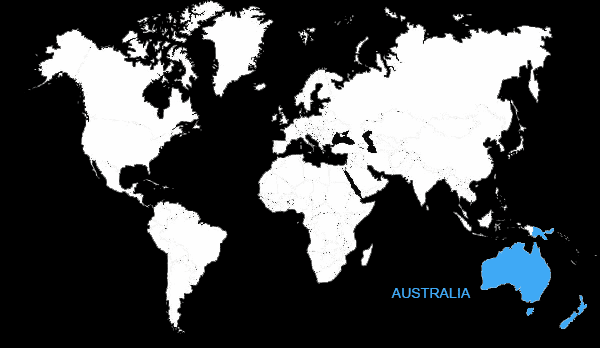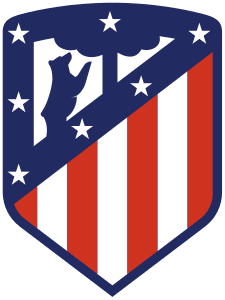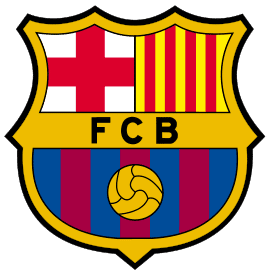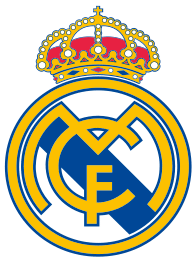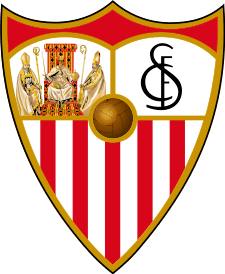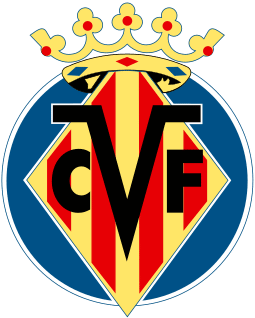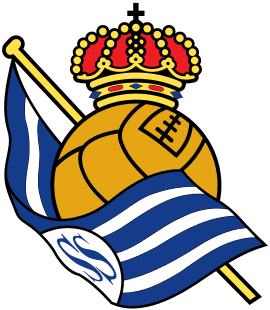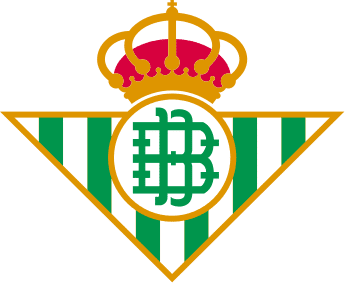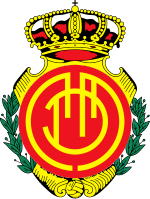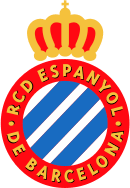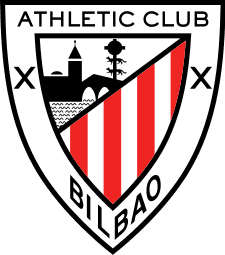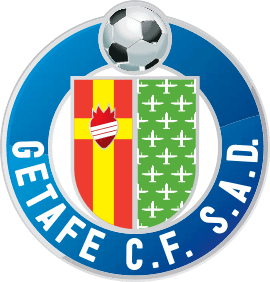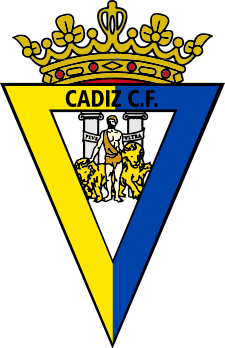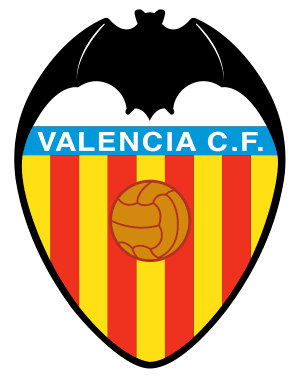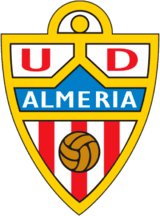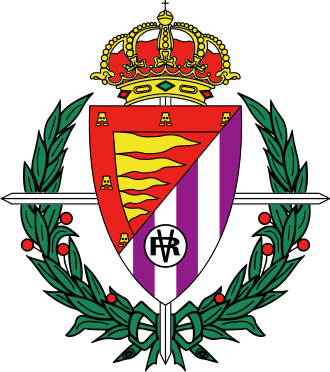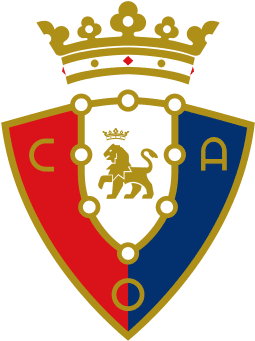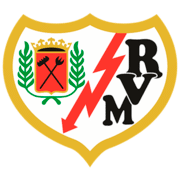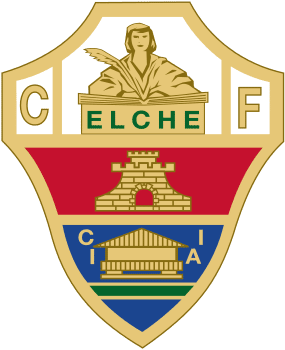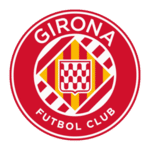UD Las Palmas Tryouts & Club Guide: History, Stadium, Players, and More!

Welcome!
Discover the world of soccer with fcscout.com, your go-to scout for club tryout information, club guides, player profiles, in-depth product reviews, and more. We’re dedicated to exploring and revealing the best in each domain, empowering you with knowledge to make informed choices.
Thank you for being here!
Hi, I’m Carlos! A coach, sports enthusiast, and the founder of FCScout.com.
I fell in love with the game at a very young age like many of you. I’ve been following and playing soccer for many years.
Throughout my career, I always enjoyed helping soccer players chase their dreams, which is why I started this website. I wanted to reach a larger audience outside of my local area and fcscout.com was born.
This website is a platform I will be using to update club pages on any tryouts, stadiums, players, tech, and more from clubs around the world. I also create free recruitment profiles for players looking to have that extra competitive edge when reaching out to clubs.
That’s it. That’s my pitch for you to stick around (or browse the site as you please).
This is already too much text for a “see more” drop-down button thing. If you want to reach out to me, head on over to my contact page 🙂

Unión Deportiva Las Palmas, commonly referred to as Las Palmas, is a Spanish professional football club in Almería, Spain. The club competes in the Segunda División, the second tier of Spanish football.
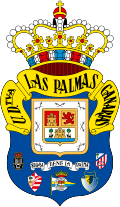
Las Palmas Youth Development System
Las Palmas Recruitment Trials
At the time of this writing, there are no official publishings on Las Palmas trials. Please come back at a later date while we monitor this club or click here to visit their official news page for the latest updates.
EXPLORE MORE CLUBS!
Explore more professional clubs by continent.
Las Palmas History
Even though the club registered with the Royal Spanish Football Federation on June 6, 1949, UD Las Palmas was officially founded on August 22, 1949, as the result of a merger between all five clubs on the island: Club Deportivo Gran Canaria, Atlético Club de Ftbol, Real Club Victoria, Arenas Club, and Marino Ftbol Club. Even though the club registered with the Royal Spanish Football Federation on June 6, 1949, UD Las Palmas was officially founded on August 22, 1949. The goal of the union was to found a club that was powerful enough to entice Canarian players to remain on the island and not leave in search of better opportunities on the mainland.
The name of the club came up for discussion, and in the end everyone agreed that it wouldn’t incorporate the names of any of the organizations that came before it. Deportivo Canarias was an early contender for the team’s name, but it was ultimately rejected because it referred to all of the Canary Islands rather than only the island of Gran Canaria. The name Las Palmas by itself was considered, but it was ultimately discarded because the name was already in use by a defunct club in the city. In the end, the name Unión Deportiva Las Palmas was selected because of its connection to the union that was responsible for the formation of the team as well as its connection to the city of Las Palmas, where the team calls its home. On September 16, 1949, the brand-new club had its first ever workout session for its members.

Las Palmas became the first Spanish club to achieve consecutive promotions in its first two years of existence when they finished second in their first season in the Tercera División (1949–50) and third in the following year’s Segunda División to reach La Liga for the very first time. This made Las Palmas the first club in Spanish history to accomplish this feat. The team was demoted after their first season in the top level, but they were reinstated the following year and went on to enjoy a successful run in the category for the next six years.
When Las Palmas returned to La Liga at the end of the 1963–64 season, again as champions, the club went on to have their most successful run in the tournament. During this time, Las Palmas won the title a total of four times. The following season the team did even better and only lost the league to Real Madrid, and thus qualified for European competition for the first time in its history, appearing in the 1969–70 Inter-Cities Fairs Cup and being knocked out in the first round by Germany’s Hertha BSC. They were managed by Vicente Dauder and finished third in 1967–68 behind Real Madrid and FC Barcelona. Four club players made the Spain squad that hosted and won the UEFA Euro 1964 tournament (0–0 home draw, 0–1 away loss).
Juan Guedes, a player for Las Palmas, passed away unexpectedly on March 9th, 1971, when he was 28 years old. The following year, French coach Pierre Sinibaldi guided the club to a fifth-place finish, which allowed them to qualify for the UEFA Cup. After defeating Torino F.C. and K Slovan Bratislava, the Spaniards were eliminated by the Dutch club FC Twente. At the conclusion of the 1974–1975 season, another team player, Tonono, a defender who played with Guedes, passed away due to a liver infection.
After advancing past FK Sloboda Tuzla of Yugoslavia in the first round of the 1977–78 UEFA Cup, Las Palmas was eliminated from the competition by Ipswich Town of England in the second round. This was the club’s third time competing in European competition.
The club also reached their first final of the Copa del Rey in that year under the management of Miguel Muoz, and with players such as Argentines Miguel Angel Brindisi, Daniel Carnevali (the first to arrive in 1973), Carlos Morete, and Quique Wolff. However, they were defeated by Barcelona on April 19 at the Santiago Bernabéu Stadium (1–3).
From the 1990s onwards, Las Palmas competed primarily in the Segunda División. However, the club also spent six years in the Segunda División B, the new third level that was established in 1977, and from 2000 to 2002 it played in the top tier of competition. Rubén Castro, a product of the club’s youth program, scored two goals for the hosts in their 4–2 victory over Real Madrid at home on October 3, 2001. Despite this victory, the team finished the season in the lower division. On the 22nd of December in 2001, Las Palmas competed in its 1,000th game for the La Liga championship. The team concluded the 2009–10 season in Segunda División in 17th place, only one point away from being demoted to Segunda División B. As a result of Las Palmas’ victory over Real Zaragoza according to the away goals rule on June 21, 2015, the club was given automatic promotion to La Liga.
Las Palmas Stadium
In Las Palmas, in the Canary Islands, Spain, there is a football stadium known as Estadio Gran Canaria. At the moment, football matches are played there, and UD Las Palmas calls it their home field. It was opened in 2003 as a stadium that could be used for a variety of events, and it eventually took over for the old Estadio Insular.
On May 8, 2003, the stadium was officially opened with an exhibition match between UD Las Palmas and Anderlecht, which was played in front of the stadium’s maximum number of spectators. The game was won by Las Palmas with a final score of 2–1. Rubén Castro was the first player in the stadium to score a goal.
It is the largest stadium in the Canary Islands and the 14th largest in Spain, with a capacity of 32,400 seats, making it the 14th largest stadium in Spain overall. (Although not the largest in terms of surface area of the pitch is concerned).
The stadium began undergoing renovations on November 11, 2014, and these improvements are expected to take around 16 months to complete. Following the completion of the renovation, the stadium was transformed into a football-only venue by removing the running track and moving the seating in closer proximity to the field of play.
